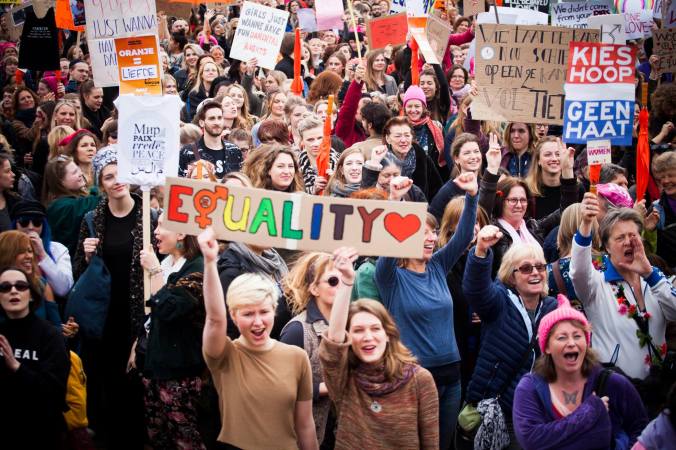On 21 April 2017, the Dutch Court of Appeal in ‘s-Hertogenbosch issued a decision holding Mr Guus Kouwenhoven, a Dutch national, responsible as an accessory to war crimes committed in Liberia and parts of Guinea between August 2000 and December 2002. The decision is one of few to address corporate accountability for war crimes. As the president of the Oriental Timber Company (OTC) and director of the Royal Timber Company (RTC), Mr Kouwenhoven supplied weapons, and material, personnel and other resources to former Liberian President Charles Taylor and his armed forces, which were used to fuel their fight against a rebel group, the Liberians United for Reconciliation and Democracy (LURD). The court held Mr Kouwenhoven liable not only for directly violating a UN arms embargo in place at the time, but equally as an aider and abettor to war crimes that were committed using the resources he provided, including rape, pillage, murder, and inhumane treatment. Here are a few highlights.
The case against Guus Kouwenhoven
The crimes for which Mr Kouwenhoven stood trial were alleged to have been committed during the second Liberian Civil War between 2000 and 2002, when Former Liberian President Charles Taylor was fighting a brutal war against LURD. The specific charges related to crimes committed in Voinjama and Kolahun in Lofa County in Liberia, as well as in Guéckédou, across the border in Guinea. Although the charges against Mr Kouwenhoven related to his having been “complicit in repeated violations of the laws and customs of war, to wit murder or rape”, the allegations covered a range of different crimes. The court noted that unnamed (co-)perpetrators, members of Charles Taylor’s armed forces, indiscriminately fired at civilians and military targets, burned houses with civilians trapped inside, cut off people’s heads, smashed babies against walls to kill them, forced civilians to undress before shooting them, and raped women and children.
As director and president of two of the largest timber companies in Liberia, Mr Kouwenhoven’s business interests were closely tied to former President Charles Taylor’s political, financial, and personal interests. Mr Kouwenhoven maintained frequent contact with Charles Taylor, who had financial interests in his two companies and frequently received payments and other resources. In exchange, Mr Kouwenhoven gained access to large swathes of territory for the exploitation of timber and was given de facto control over the Buchanan port.
The court noted that Mr Kouwenhoven used his companies to import, store, and distribute weapons in Liberia, in clear violation of the UN arms embargo. He provided trucks for the transportation of armed forces, weapons and ammunition, and facilitated the import of weapons and ammunition. He also actively encouraged his employees to support Charles Taylor, such as by unloading weapons from his ships in Buchanan and transporting them to various places in Liberia or participating actively in the fighting, and threatened those who refused with dismissal. He also allowed the armed forces access to an RTC camp, effectively used as a meeting place and a mechanism for storage and resupply of weapons to the frontline.
Corporate accountability for international crimes
Importantly, Mr Kouwenhoven is not convicted of directly perpetrating international crimes himself. Rather, the court held that he made an “active and conscious” contribution to the commission of serious violations of international humanitarian law, by the provision of material, personnel, and other resources through his businesses in Liberia. Although he had been charged in the alternative as (co-)perpetrator and as an accessory to the crime, he was ultimately convicted as an aider or abettor.











